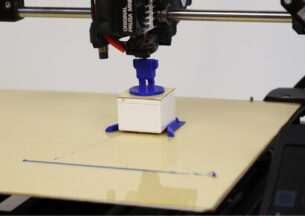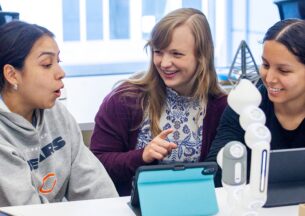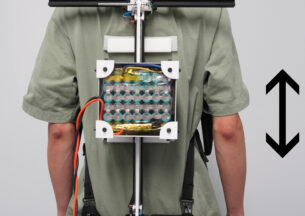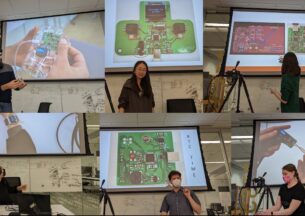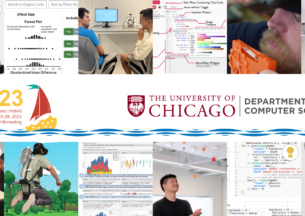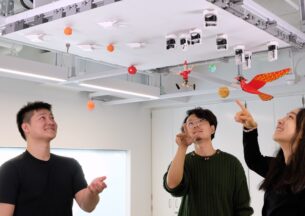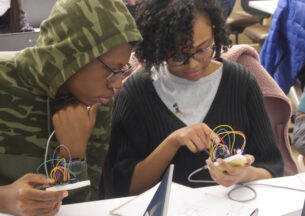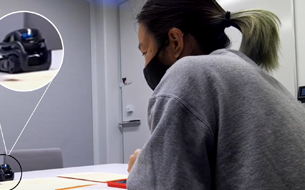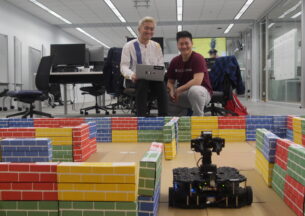Student Videos Showcase Outputs of New Inclusive Technology Course
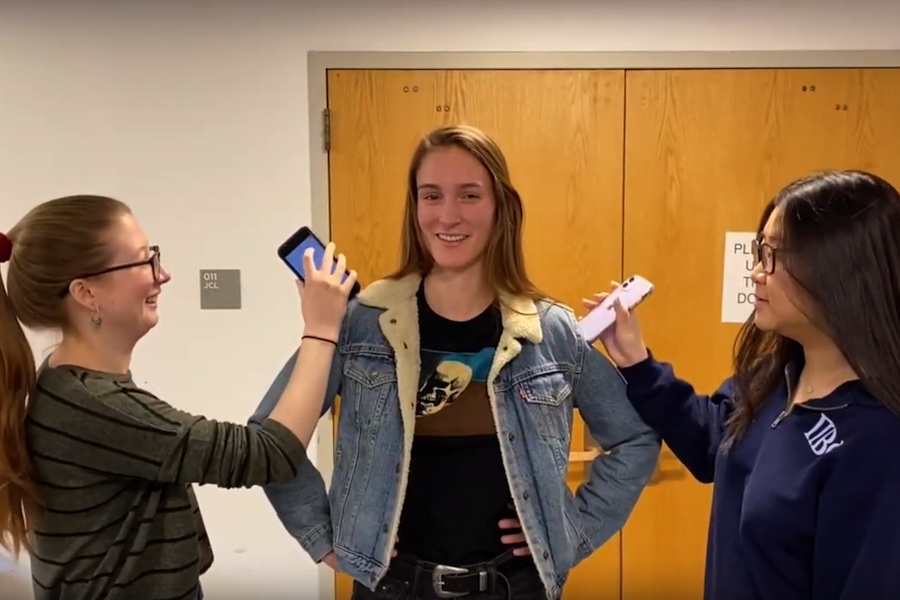
While every year brings new forms of exciting and innovative technology, that hot new device, app, or online service isn’t always accessible to all potential users. Marginalized communities, such as the elderly, children, and people living with disabilities or in poverty, are often overlooked when it comes to inventing new tech. By contrast, inclusive technology design uses the tools of human-computer interaction which draws on psychology, design, ethics, and computer science to create accessible tools that diminish rather than deepen existing inequities.
Those principles were at the core of the new UChicago CS course Inclusive Technology: Design for Underserved and Marginalized Communities, offered for the first time in winter quarter 2019. Created and taught by Assistant Professor Marshini Chetty, the course asked teams of students to learn about and apply a user-centered design process to projects of their own, creating an interactive system for one of the populations they discussed. Each team then created a website and a brief video explaining and demonstrating their work.
The projects showed an impressive mix of ingenuity and thoughtfulness for the target populations. The students combined programming and engineering skills with user studies and survey research to realize their ideas and best serve these groups. Final prototypes ranged from a jacket that warns deaf or hard-of-hearing wearers of nearby hazards, solutions for helping students receive mental health resources, and apps for helping visually impared shoppers navigate grocery stores and people with dietary restrictions find compatible dining options.
While the course was largely complete before the COVID-19 pandemic began to affect daily life on campus and beyond, Chetty said that the skills acquired by students only became more relevant as the quarter ended.
“This course was a mixture of introducing the students to user-centered design in Human-Computer Interaction and broadening their worldview to understand how to accommodate users from all walks of life, with all kinds of needs,” Chetty said. “This is crucial for helping students to challenge assumptions of the ‘ideal’ user who has a reliable Internet connection, speaks English, has sufficient funds, and conforms to racial, gender, and cultural stereotypes. In a global pandemic, where we are increasingly dependent on technology for maintaining social connections, work, and learning, this course provides a foundation to help students become well-rounded computer scientists equipped to deal with all the challenges for design this new reality brings.”
Below is a sampling of the student team videos from the course. You can watch a playlist of the project videos here.
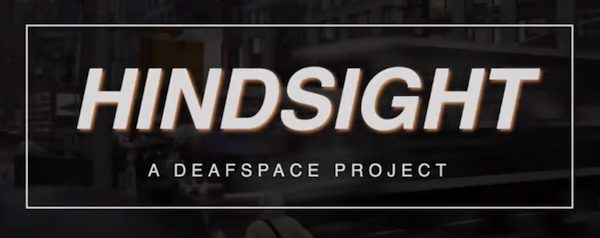
In the Spider-Man comics, the character’s “Spidey-sense” alerts him to approaching danger. A similar concept lies behind this wearable jacket created by students Rose Pierce, Jane Jozefowicz, Ashley Wang, and Keith Heinz, which alerts people with hearing impairment to nearby loud sounds. Microphones hidden within the jacket pick up loud events, signal direction using vibrating buzzers, and send a message to a phone or watch that identifies the sound. Another group designed a bracelet device with a similar sound detection and notification system for hard-of-hearing users.
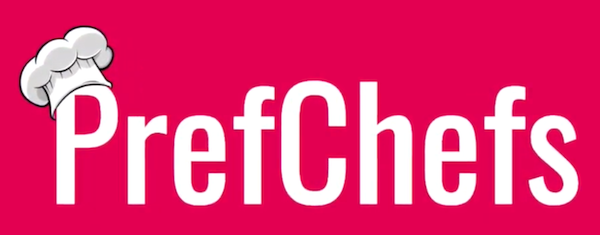
A dining hall can be a frustrating place for people with food allergies or special diets, as they have to carefully seek out detailed ingredient lists to make sure their restrictions are met. The PrefChefs team — students Elizabeth Crowdus, Luke Giacalone, Lilly Hackworth, and Jillian Ritchey — repurposed data from the UChicago dining website to create an app where users can create a “personal dietary profile,” select the location where they will eat, and receive a color-coded, searchable list of what foods are and aren’t compatible with their diet.

Another experience many take for granted is grocery shopping, casually browsing the shelves for the items they need. But for people with visual impairments, telling the difference between products with similar packaging or comparing prices written in tiny type can be challenging. The team of Uday Saharia, Sofia Garcia Martinez, and Carolyn Appelbaum worked with the Blind Services Association of Chicago to design a system where shoppers can scan a QR code with their smartphone and receive information (read aloud) about the products on that shelf. The students also 3D-printed QR code holders with braille script to offer additional navigational assistance for visually-impaired shoppers.
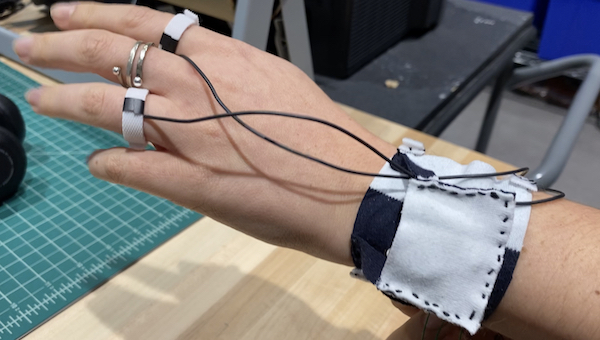
Many of the projects tackled the mental health needs of students. The Sleddogz team (Olivia Sturman, Scott Ellenoff, Zoe Lieu, Dasha Shifrina, and Дав Га) designed a bracelet that tracks its wearer’s anxiety levels, as measured by sweat and changes in heart rate, and location around campus. Users can then access a web application called unHappyPlace and see where and when they were most anxious during the day.


